1. Pigment spots (hyperpigmentation)
2. Pimple marks (Post-Inflammatory Hyperpigmentation – PIH)
3. Connection between pigment spots and acne scars
Effective ingredients to lighten pigment spots & acne scars
More tips for gentle skin care
Pigment spots and acne scars (also known as post-inflammatory hyperpigmentation, PIH) develop due to changes in skin pigmentation triggered by various factors. These skin changes often have different causes, and it's helpful to understand their origins in order to treat them specifically. Here's a detailed explanation of the causes of both skin problems:
1. Pigment spots (hyperpigmentation)
Pigment spots are caused by increased production of melanin, the pigment that gives skin its color. Several factors can stimulate melanin production:
Causes of pigment spots:
Sun exposure: UV radiation stimulates the skin to produce more melanin to protect itself from further UV damage. Excessive sun exposure without protection often leads to freckles or age spots (also called lentigines or solar lentigines), which appear primarily on the face, hands, and décolleté.
Hormonal changes: Hormonal fluctuations, especially during pregnancy, birth control pills, or menopause, can lead to a condition known as melasma. This is characterized by brown patches, usually on the forehead, cheeks, and above the lips. Melanin production is increased in these areas.
Inflammation or injury: Skin injuries, inflammation, or irritation, such as those caused by acne, insect bites, cuts, or chemical peels, can increase melanin production and cause post-inflammatory hyperpigmentation (PIH). These spots usually appear in the areas affected by the injury or inflammation.
Genetics: Some people have genetic predispositions that make them more prone to developing dark spots, especially those related to skin color. People with darker skin are more prone to producing more melanin.
Medications and cosmetics: Some medications, such as antibiotics and chemotherapy drugs, can stimulate melanin production as a side effect. The use of certain cosmetic products that cause irritation or allergies can also result in pigment spots.
2. Pimple marks (Post-Inflammatory Hyperpigmentation – PIH)
Acne scars often occur after acne breakouts or skin infections. They are dark spots or scars that remain after a pimple has healed.
Causes of acne scars:
Skin inflammation: When the skin is inflamed due to acne or other skin blemishes, the body produces increased amounts of melanin in the affected area to support the healing process. This leads to hyperpigmentation of the affected skin area.
Deep skin injuries: In particularly severe cases of acne, or when pimples are popped or picked, the tissue can be damaged more deeply. These injuries stimulate melanin production, leading to dark spots or scars.
Incorrect treatment: Using aggressive products or applying strong pressure while removing pimples can increase inflammation and thus promote the formation of pigment spots or scars.
Duration of inflammation: The longer a pimple or skin irritation persists, the greater the likelihood of developing post-inflammatory hyperpigmentation. With acne, it often takes several weeks to months for the skin to heal on its own, and during this time, melanin production may increase.
3. Connection between pigment spots and acne scars
While pigment spots are often caused by excessive sun exposure or hormonal changes, acne scars are the result of skin inflammation that leads to an overproduction of melanin. Both skin problems therefore have the same cause – a
Changes in melanin production – but they arise from different causes:
- Pigment spots are more often caused by UV radiation and hormonal changes.
- Acne scars are caused by skin injuries or inflammation, especially in acne.
Effective ingredients to lighten pigment spots & acne scars
Pigment spots and acne scars are skin problems that affect many people. To lighten these with natural cosmetics, there are several ingredients and products that can help refine skin tone and brighten skin. Here are some effective natural ingredients and tips:
1. Vitamin C (ascorbic acid)
Vitamin C is a powerful antioxidant and has a skin-brightening effect. It inhibits melanin production and promotes cell renewal, which helps treat dark spots and scars.
Recommended products:
Serums or oils containing vitamin C (e.g. from rosehip oil or kakadu plum).
Freshly squeezed lemon juice (use with caution if you have sensitive skin as it may irritate the skin).
2. Niacinamide (Vitamin B3)
Niacinamide is known for its brightening effects. It helps reduce hyperpigmentation and promotes an even skin texture. It also has anti-inflammatory properties that are beneficial for acne scars.
Recommended products:
Serums or creams containing niacinamide (ideally at a concentration of 2–5%).
3. Aloe Vera
Aloe vera has healing and soothing properties that can be especially helpful for scars and inflamed pimples. It promotes skin regeneration and relieves redness and irritation.
Application:
Aloe vera gel directly from the plant or pure aloe vera gel without artificial additives.
4. Almond oil
Almond oil contains vitamin E and fatty acids that nourish the skin and support the healing of scars and dark spots. It also has a slight lightening effect.
Application:
Apply pure almond oil directly to the affected areas and massage in.
5. Jojoba oil
Jojoba oil is particularly effective at soothing the skin, promoting regeneration, and reducing dark spots. It helps smooth the skin and minimize scars.
Application:
Massage gently daily after cleansing.
6. Lactic acid
Lactic acid is a gentle alpha hydroxy acid (AHA) that removes dead skin cells and stimulates skin renewal. It helps fade dark spots and scars.
Recommended products:
Lactic acid peels or serums (make sure the pH value matches your skin).
7. Chamomile
Chamomile has anti-inflammatory properties and promotes skin healing. It's especially suitable for sensitive skin and helps reduce redness and scarring.
Application:
Use chamomile herbal teas as a facial toner or choose skin care products containing these ingredients.
More tips for gentle skin care
- Sun protection : UV rays can worsen dark spots and scars. Use a mineral sunscreen (at least SPF 30) daily to protect your skin from the sun.
- Gentle cleansing : Use mild, non-irritating cleansers to avoid further stressing the skin.
- Patience: Lightening dark spots and scars takes time. It's important to use natural cosmetic products regularly and patiently.
With these natural ingredients and a consistent skincare routine, you can gently lighten dark spots and acne scars and improve your skin's texture. However, if you have sensitive skin, always do a patch test first to avoid any reactions.


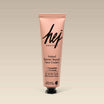

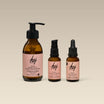
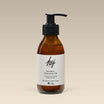

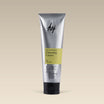
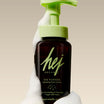
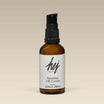
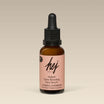
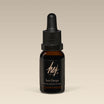
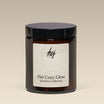
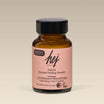
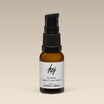
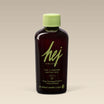
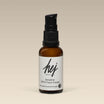
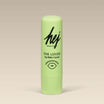


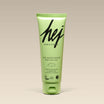
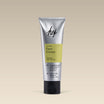
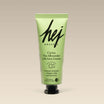
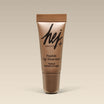
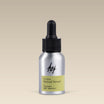
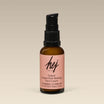
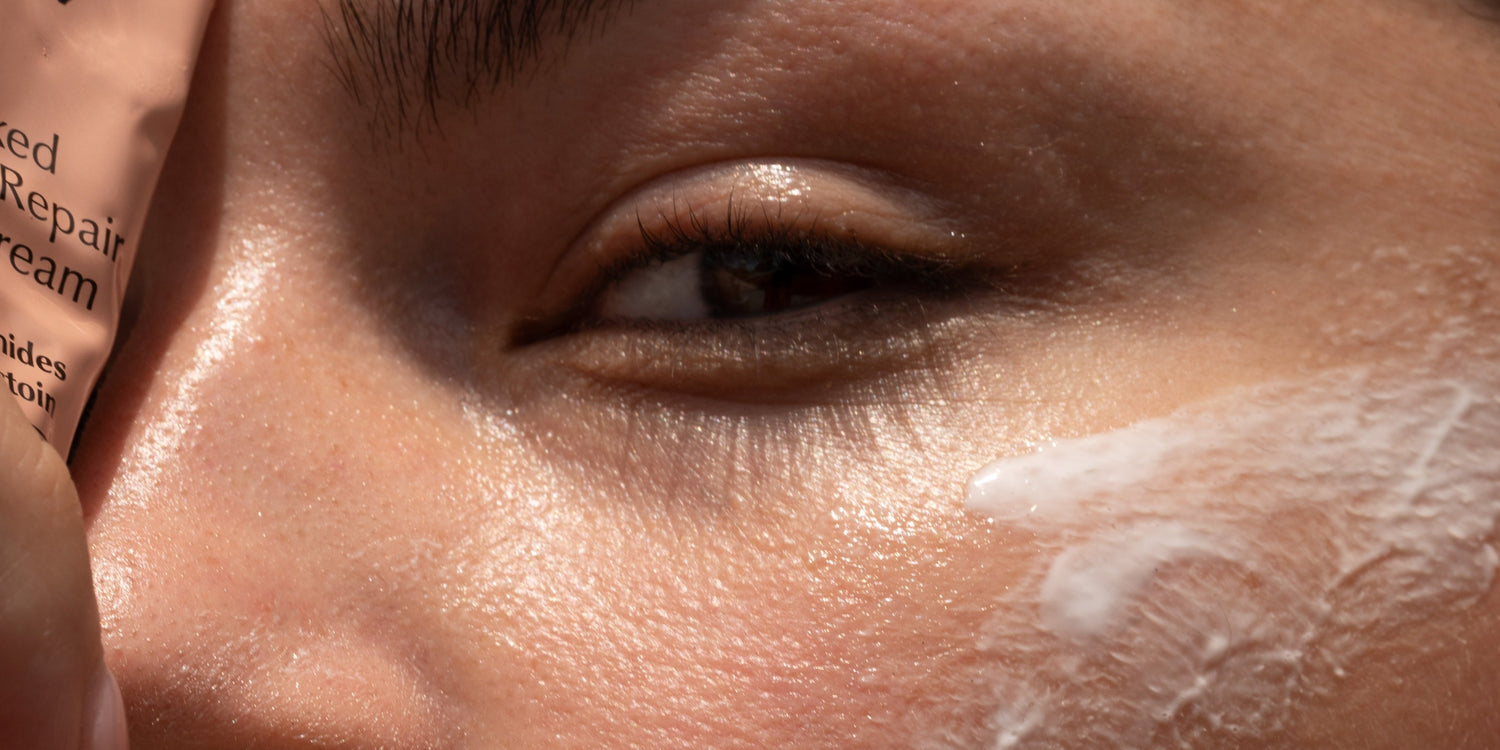
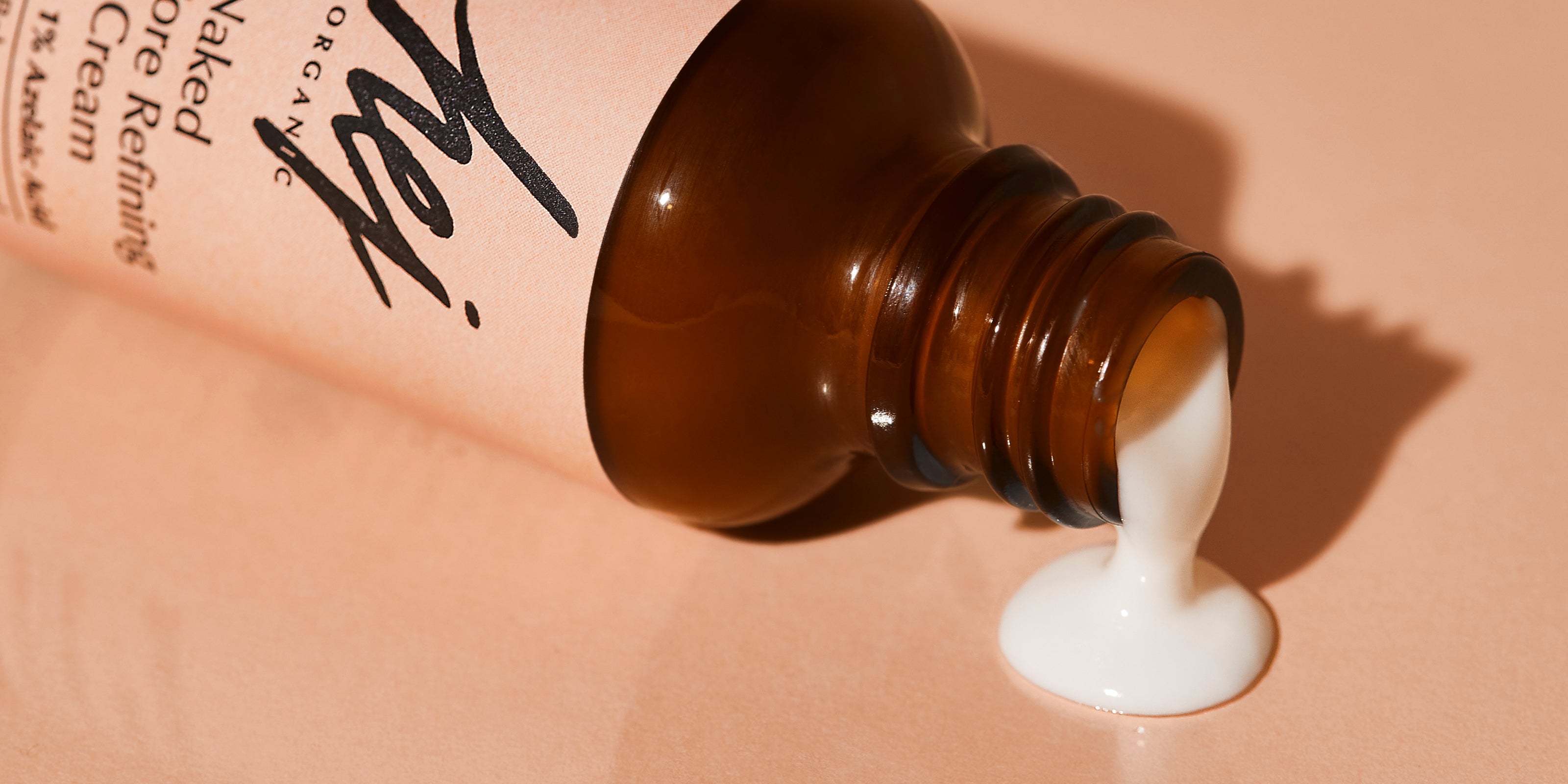
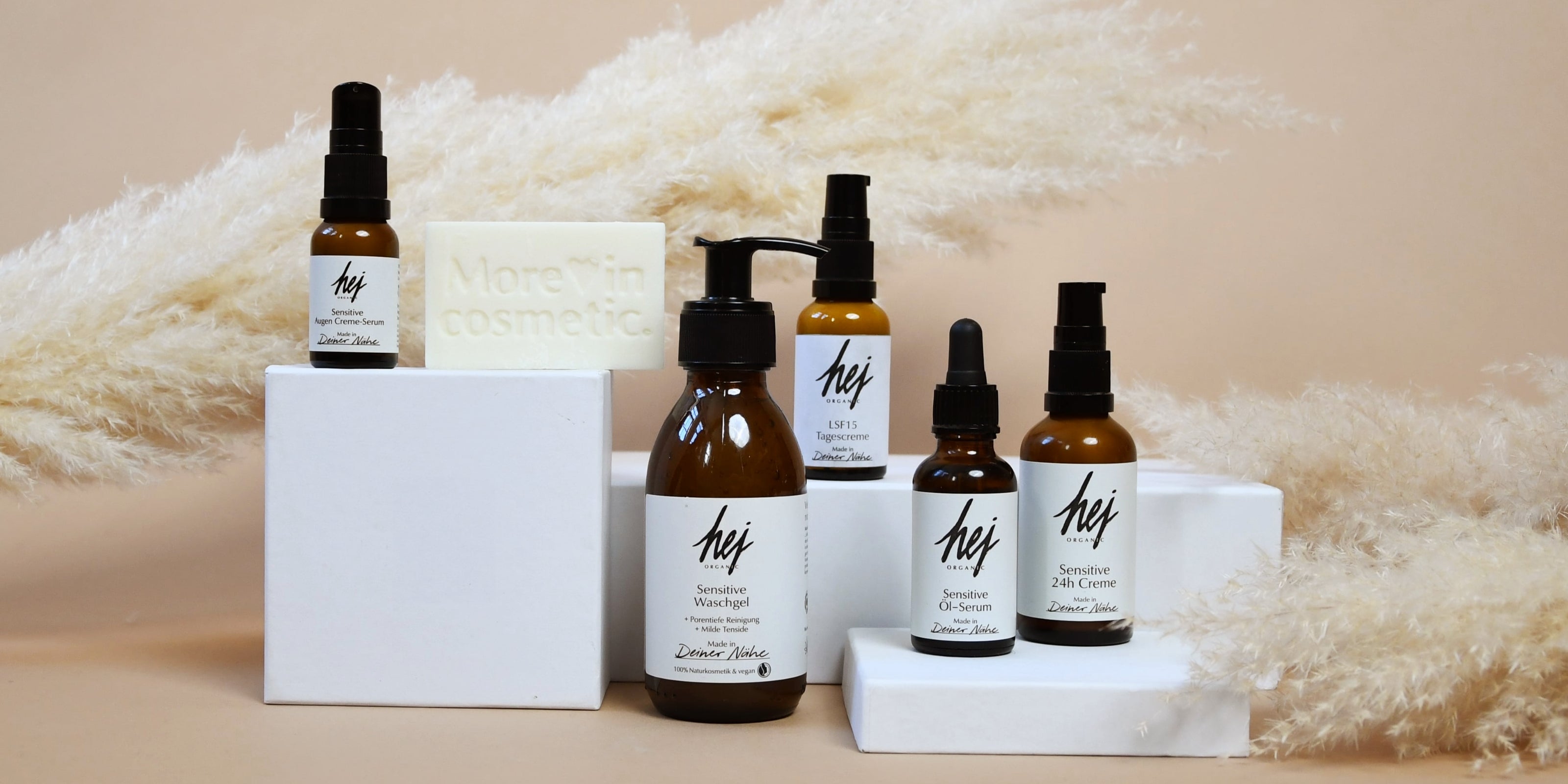
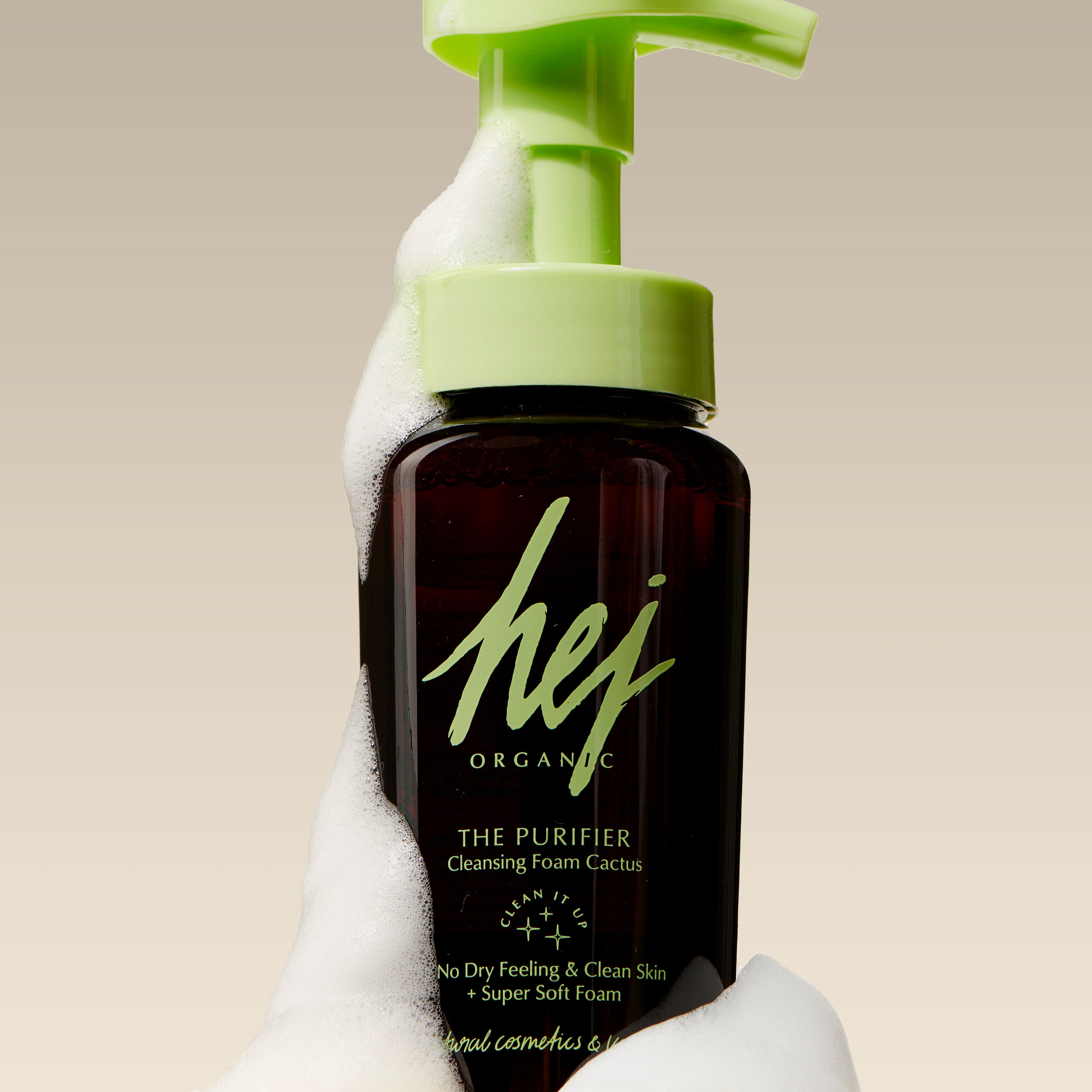
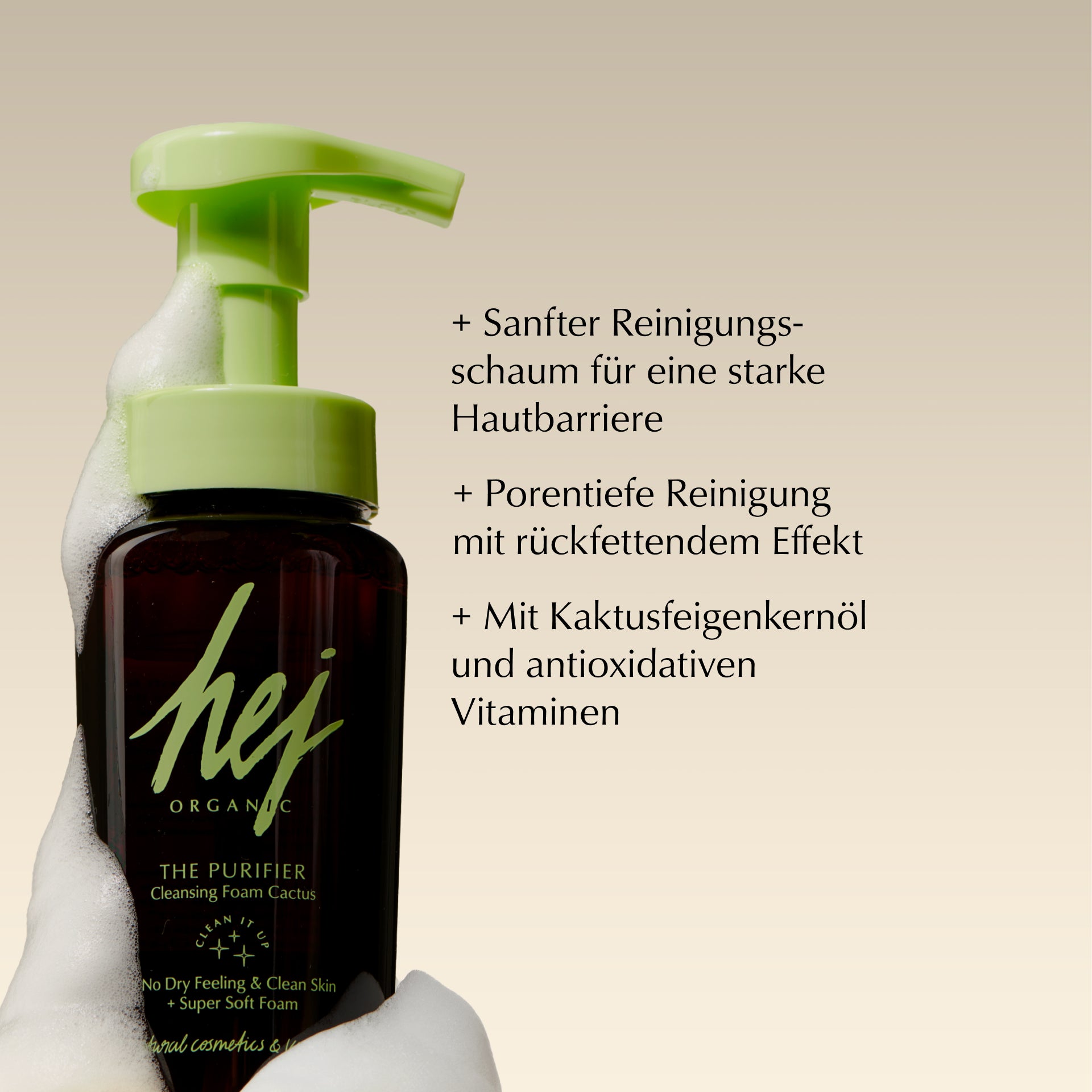
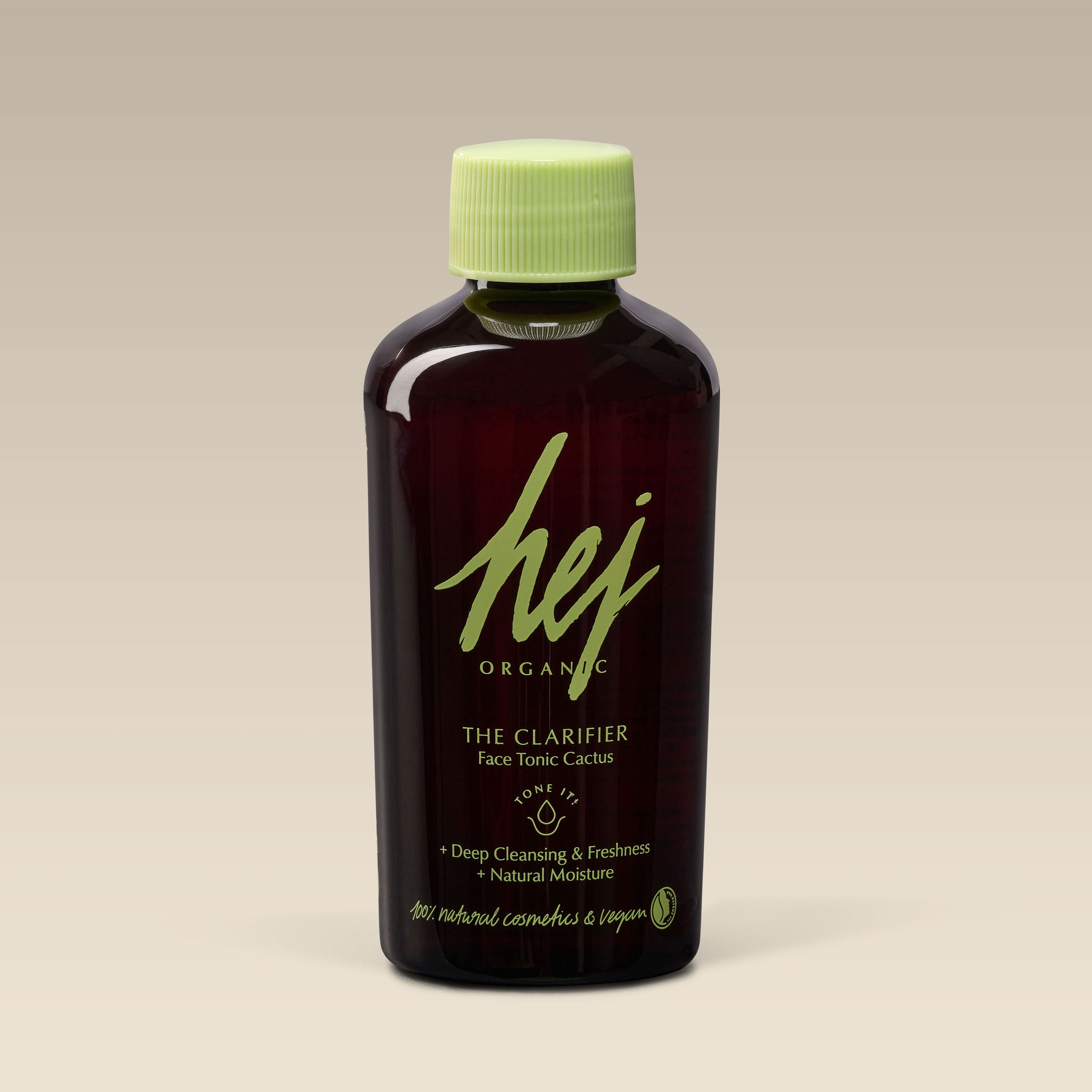
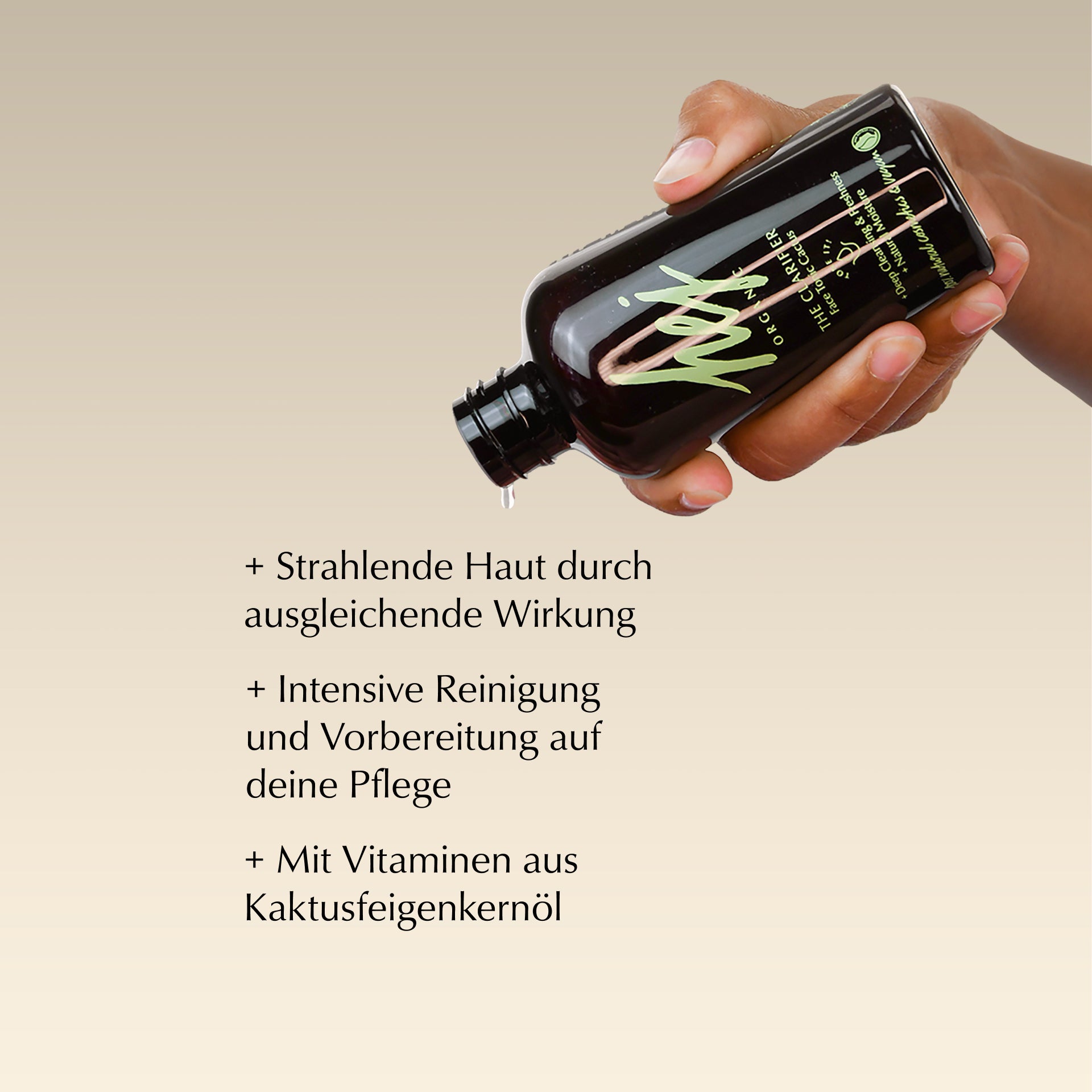
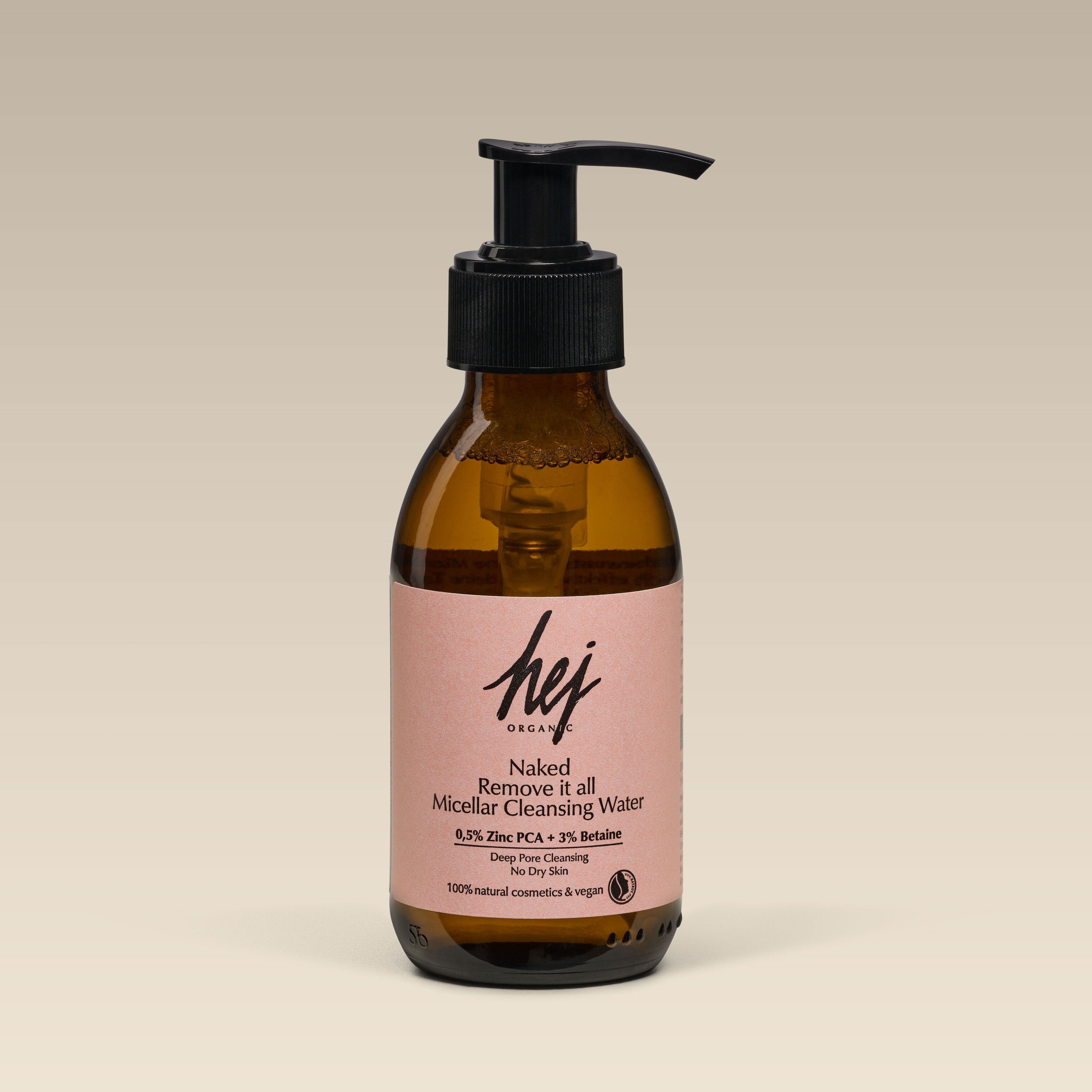
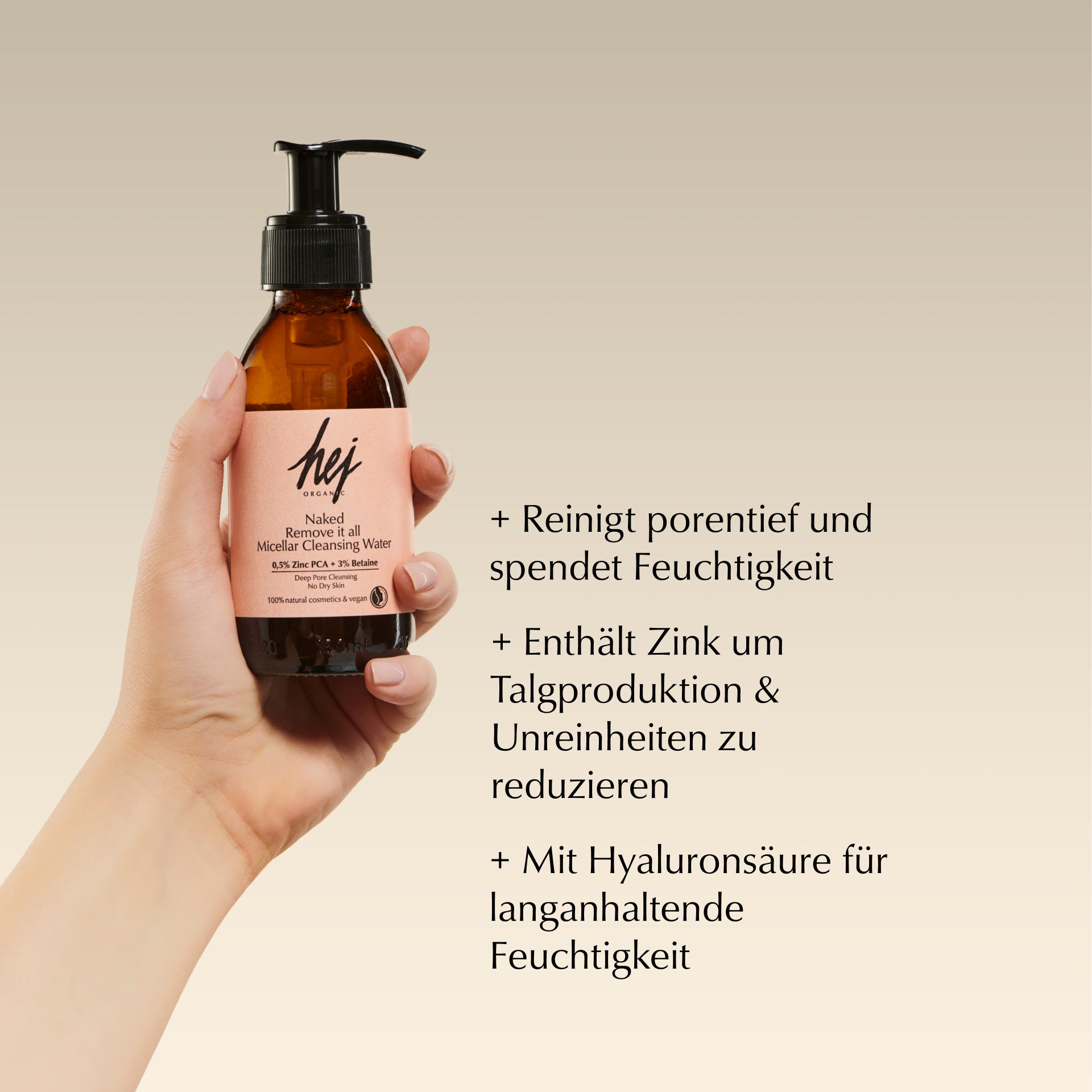
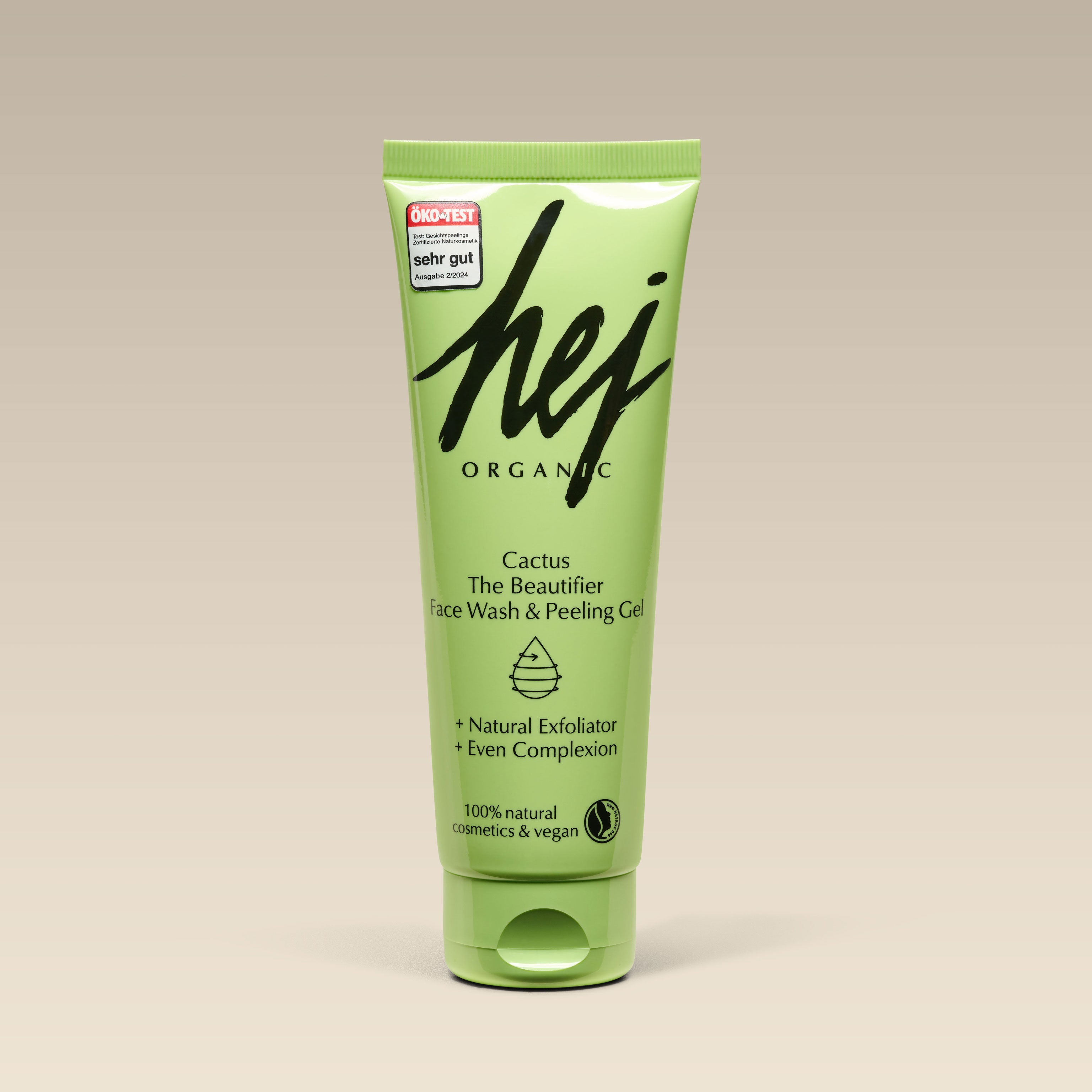
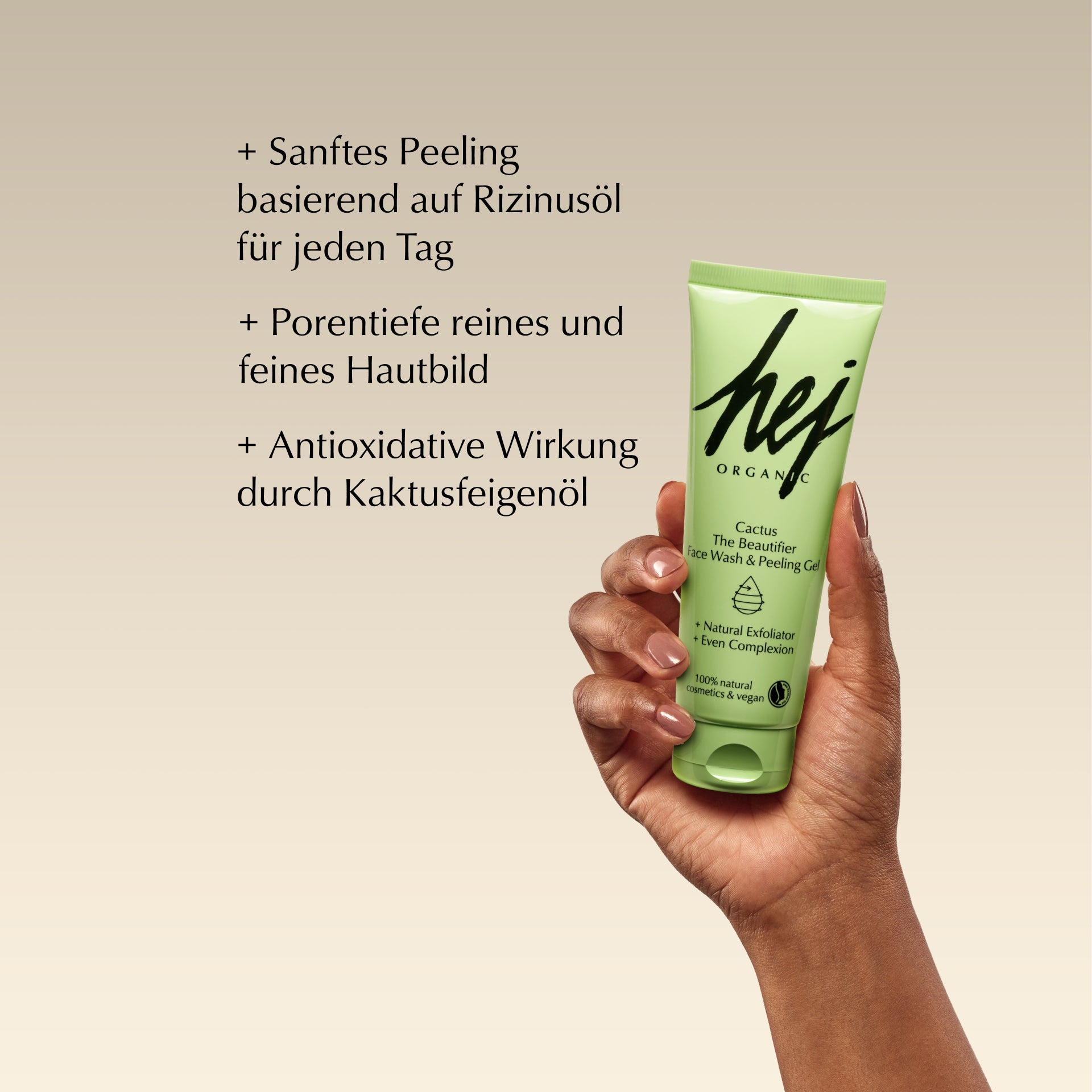
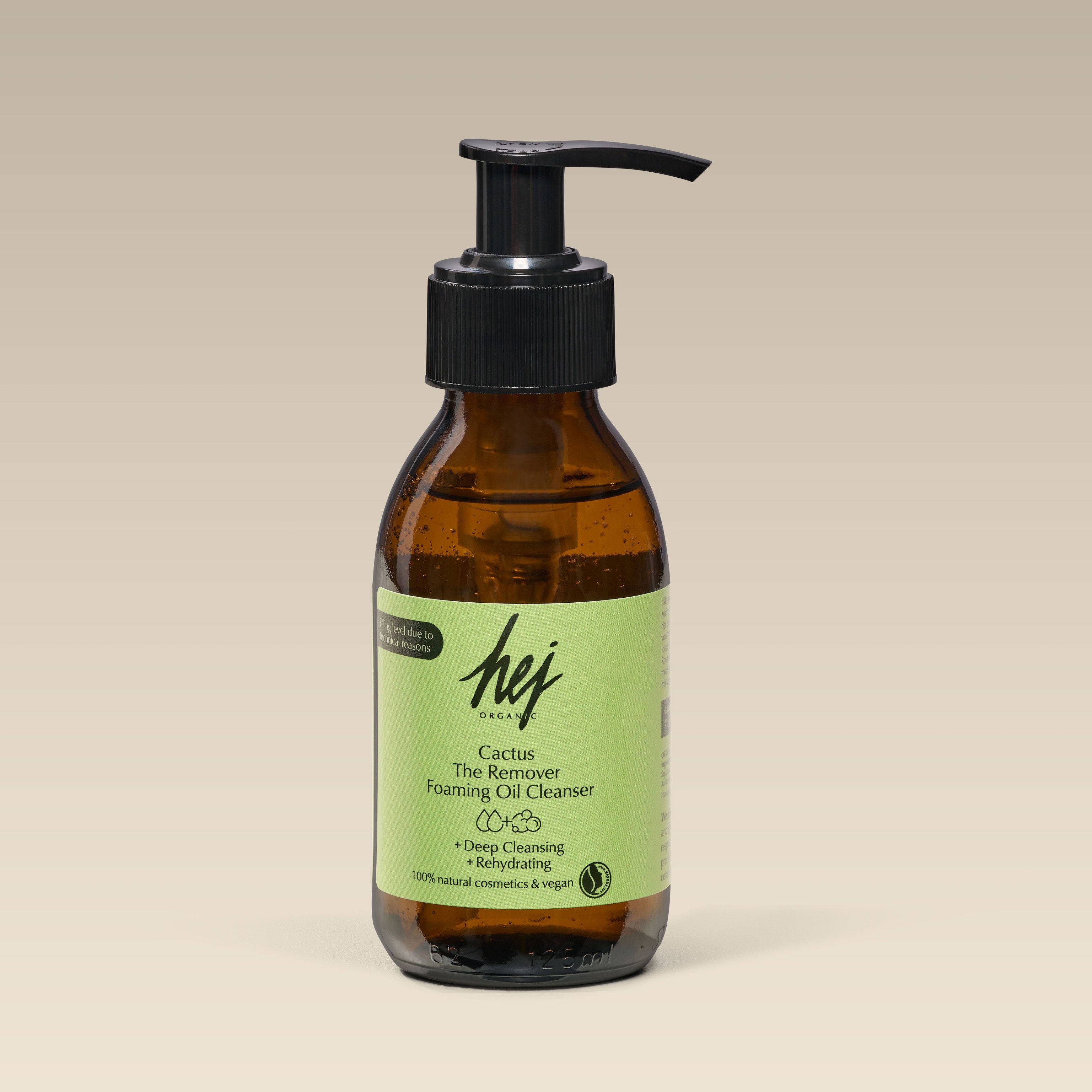
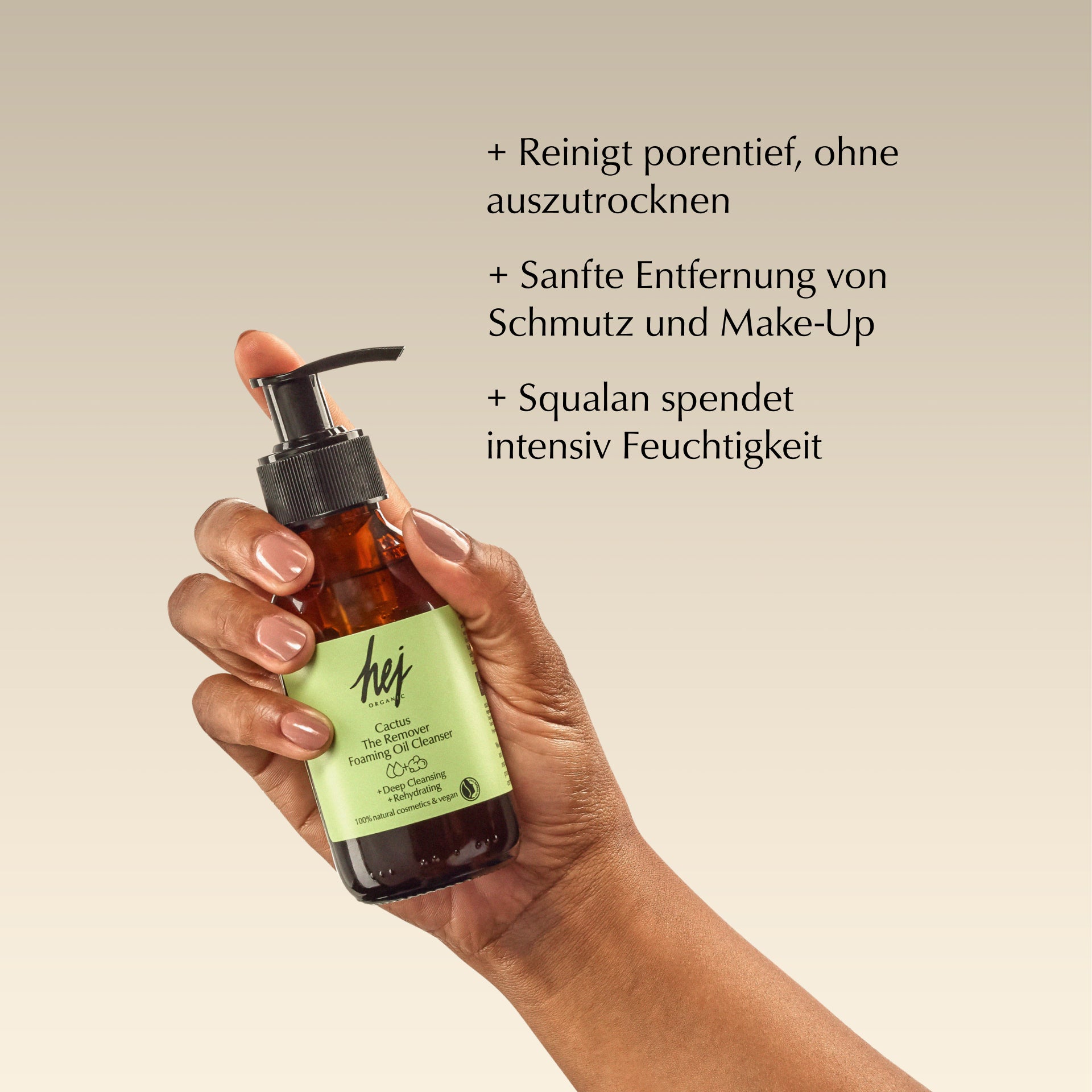
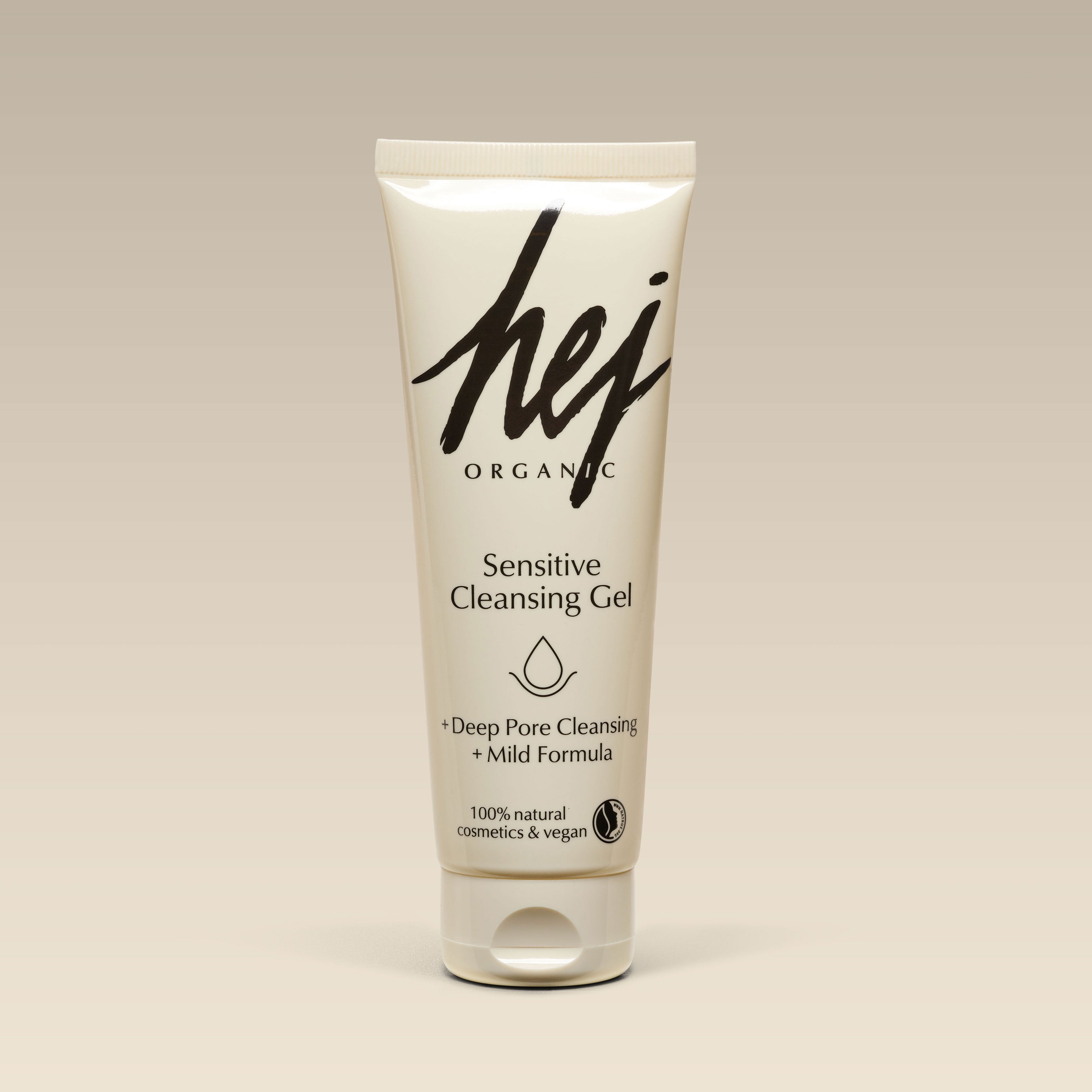
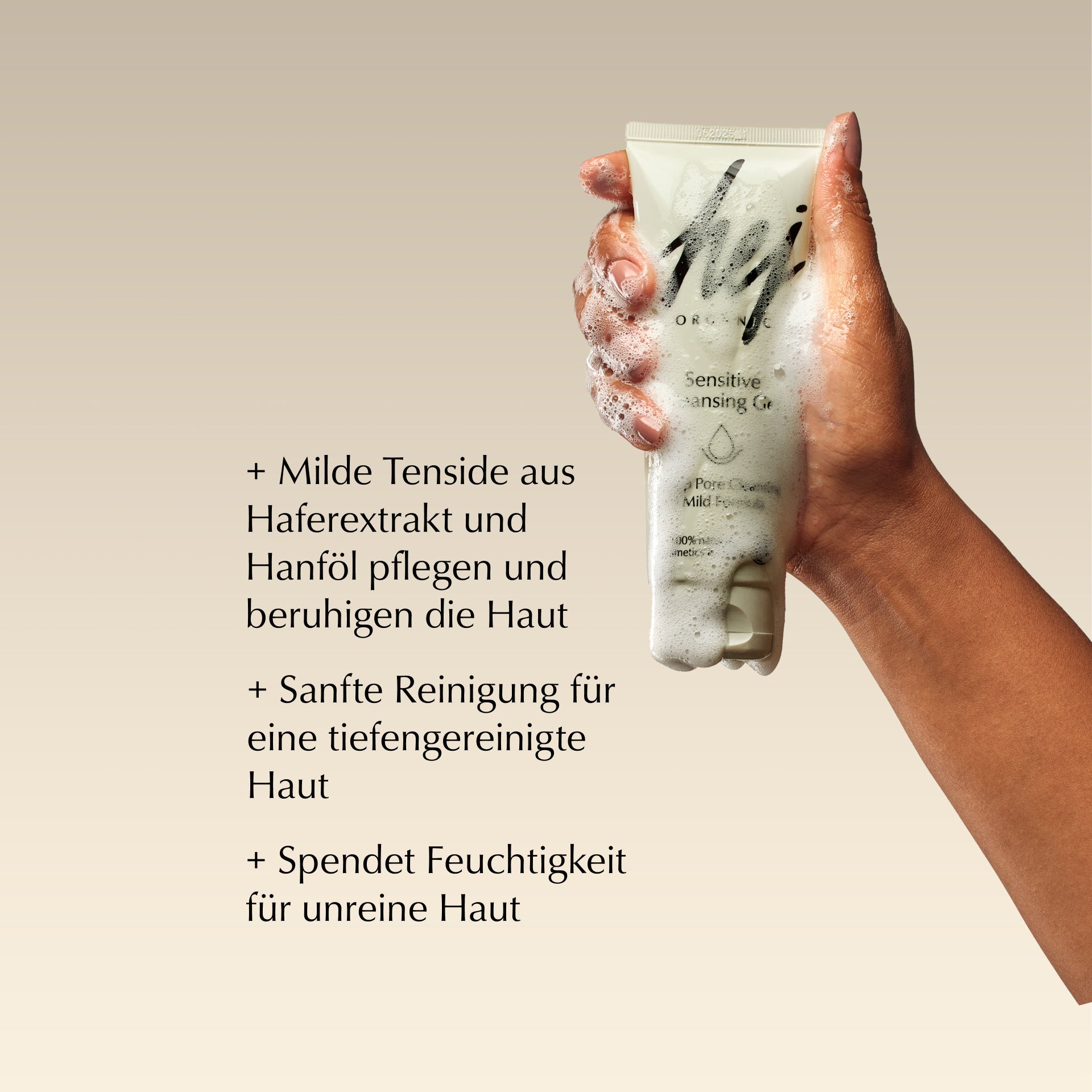
Leave a comment
This site is protected by hCaptcha and the hCaptcha Privacy Policy and Terms of Service apply.